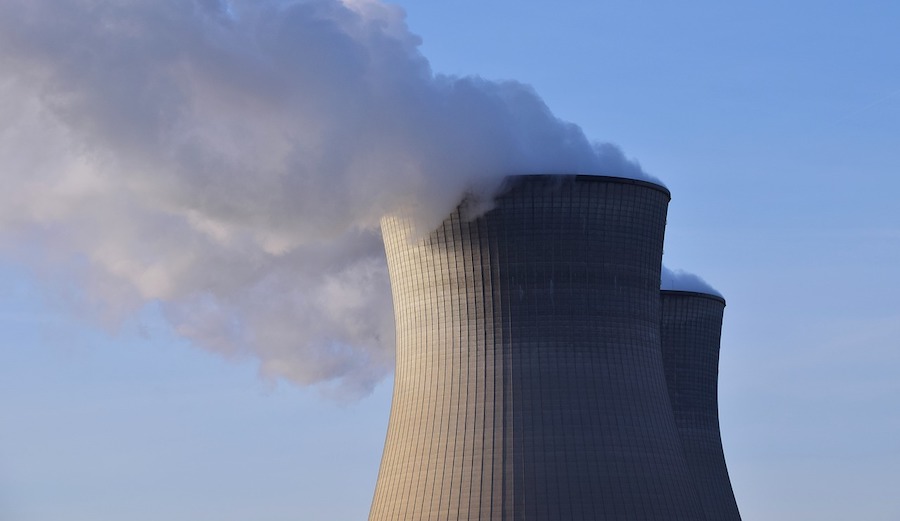Australia taking baby steps towards nuclear energy

Australia’s Parliament presented this week a report that outlines a series of measures to take into consideration if the country wants to move forward with the development of nuclear energy.
The report, which arose from a legislative committee’s inquiry into the matter, states that it is important for the island nation to consider the prospect of nuclear technology as part of its future energy mix and that to do so, relevant institutions would have to undertake a body of work to progress the understanding of nuclear technology in the Australian context.
Nuclear energy has been banned in Australia for the past 20 years
Such an understanding -the report states- should lead authorities to consider lifting the current moratorium on nuclear energy partially -that is, for new and emerging nuclear technologies only, and conditionally-, subject to the results of a technology assessment and a commitment to community consent for approving nuclear facilities.
According to the document, most of this work should be undertaken by the Australian Nuclear Science and Technology Organisation ANSTO, whose experts should also advise the federal government on the feasibility and suitability of installing Generation III+ and Generation IV reactors, including small modular reactors, as well as on the formulation of a framework to monitor the status of new and emerging nuclear technologies.
“The report identifies a clear pathway for Australia to properly consider nuclear energy by addressing knowledge gaps in Australia about this important energy source. Importantly, it acknowledges the critical role for community engagement on what is a contentious policy and political issue,” said Tania Constable, CEO of the Minerals Council of Australia, in a media statement.
In Constable’s view, her country should take advantage of nuclear energy by moving into small modular reactors as a potential replacement for retiring coal baseload plants.
“Not only are they capable of complementing intermittent power sources, they can safely meet large-scale industrial demand for affordable and reliable power,” the executive said. “More broadly, the current ban means Australia -with the world’s largest deposits of uranium- is missing out on a potential industry which could employ tens of thousands of Australians.”
Despite the controversy around nuclear energy, earlier this year, the federal government gave the go-ahead to Cameco’s (TSX:CCO, NYSE:CCJ) vast Yeelirrie uranium project, considered one of the country’s biggest undeveloped uranium deposits in the midwest region of Western Australia. The Canadian miner, however, has said it is in no rush to develop it.
{{ commodity.name }}
{{ post.title }}
{{ post.date }}




3 Comments
Peeter "Roo" HUNT
Having worked at two complex northern Canadian mining operations , both run by Australian companies BHP. As a long time supporter of nuclear energy for Oz , I offer my assistance if for nothing more than promoting the advantages for all Australians.
Hans Erasmus
Australia is a continent and not an island. Please do not refer to it as an island nation..
Robert
Solar with storage is proven and tested technology which is much safer and cheaper than nuclear. Way, way cheaper that nuclear if you take a responsible perspective and include the full life-cycle costs of nuclear which includes the costs and problems of decommissioning and dealing with the wastes.